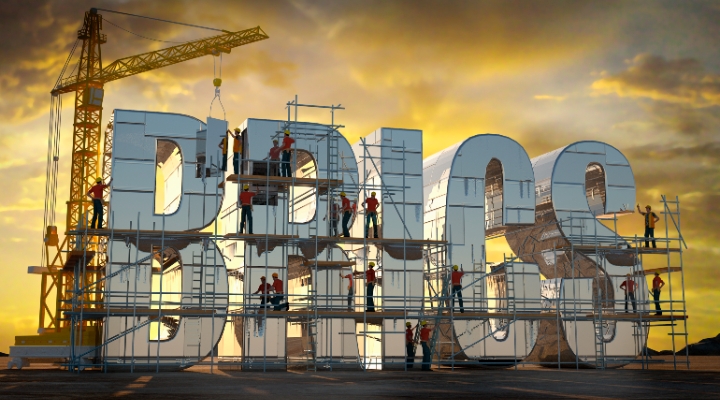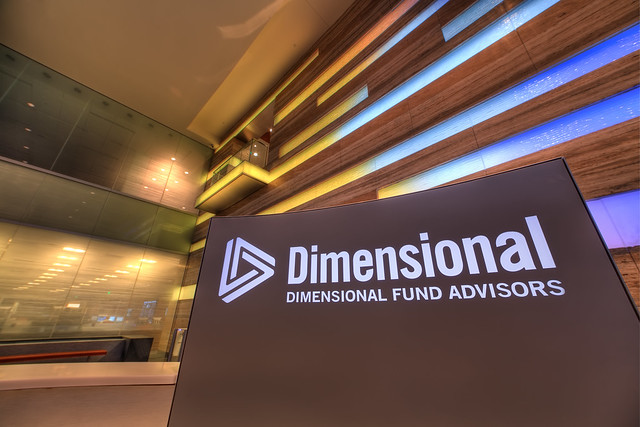Organisations like the World Bank, the International Monetary Fund (IMF) and the United Nations may have slightly different methodologies for explaining at what stage a country is in its economic development.
MSCI’s definitions are the best place for investors to start. In basic terms, countries are categorised as developed, emerging and frontier. Some do have standalone status though.
Countries move between these categories and are upgraded and downgraded based on a number of factors (not just GDP or GNP). These change according to a set timetable.
As well as economic data, MSCI looks at the size and liquidity of the market itself. The assumption is that, like risk, liquidity is a spectrum that moves from developed markets to emerging markets then frontier markets. The more advanced the country is, the more liquid a market, and vice versa. For example, millions of Apple shares trade daily, so you always be able to get an up-to-date price during trading hours.
Any Recent Changes?
In the recent index review in August this year, MSCI announced 103 additions and three deletions from the index. The biggest new additions are retailer Label Vie SA (Morocco), Croatian conglomerare Adris Grupa and GFH Financial in Bahrain.
Why Does Liquidity Matter?
Fund managers need to be able to buy and sell shares and get fair prices for both transactions. If a company’s share doesn’t trade for days or has a wide spread between the buy and sell price, this makes it harder to enter and/or exit a position.
In the kind of crises that EM is famous for, such as in Turkey, Sri Lanka and Russia, markets can often “seize up”, making it difficult to get a selling price on domestic equity markets. For every investor selling up, there needs to be someone willing to buy what you own – in the rush for the exits there can be few buyers. Markets can be suspended too, just as the Moscow Stock Exchange was in 2022 when Russia’s Ukraine invasion sparked huge volatility.
Promotions and Demotions
As in football leagues, promotions and demotions are not one-off occurrences: countries can drop back into frontier status from that of emerging market, such as Pakistan in 2021. Developed countries can also drop down the ladder, as Greece discovered in 2013, a reversal of its transition from EM status in 2001.
Market “accessibility” is also a factor in index construction. In my other article, I discuss the issue of Middle Eastern countries’ expansion and influence, and how indices can’t always capture the shifting balance of power in world affairs.
Why Does Classification Matter?
In basic terms, investors would be taking a greater equity risk investing in frontier markets than emerging. Standalone markets present “single country risk”, especially if investors are using the index as a benchmark for a country exchange traded fund (ETF).
Emerging or frontier market funds, meanwhile, would in theory be more diversified: a crisis in one country could be offset by an amazing performance for another. In reality, regional crises do occur, dragging many countries down together.
A caveat from the debt markets: the United Arab Emirates (UAE), an emerging market, has the same credit rating as the UK, according to Morningstar DBRS, S&P and Fitch. To that extent, it’s worth considering a developing country’s equities and bonds separately.
Whether investors are being rewarded for taking on this additional risk is a different subject altogether. In recent years emerging and frontier markets have lagged developed markets, and that’s largely because of the US tech boom.
Sticking with funds, emerging market fund or trust investors would be wise to look at how closely their products track the relevant index.
New Frontiers
A similar issue is seen with the frontier market index, where Vietnam makes up nearly 29% of the index. Vietnam is a strong contender for promotion to EM status, but this has been discussed for a nymber of years.
Vietnam itself has set a deadline of 2025 to become an EM, but there remain concerns over restrictions on foreign ownership of shares. Saudi Arabia, which has been invited to join a “BRIC-plus” group, is a frontier market, having formerly been a standalone market. Could it make the leap soon, following the lead of UAE and Qatar? Time will tell.
We can help take the effort out of this for you by demonstrating how this would work for you and your family and providing you with one cohesive Holistic Lifestyle Financial Plan.
You can arrange a meeting by clicking here to access my diary, email info@smartfinance.ie or call 087 8144 104.







